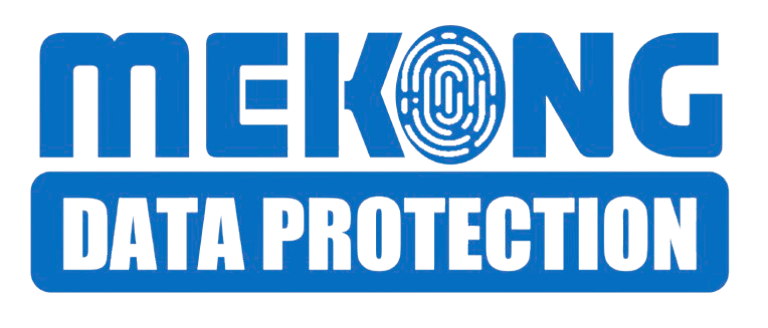Why Privacy Matters, Even When You Have "Nothing to Hide"
Have you ever heard someone say, "I have nothing to hide, so why should I care about privacy?" Maybe you've even said it yourself. It sounds reasonable at first glance—if you're not doing anything wrong, why worry? But privacy is about much more than hiding bad things. Let's talk about why privacy matters for everyone.
DATA PRIVACY
Pheakdey Heng
3/12/20252 min read
What Does "Nothing to Hide" Really Mean?
When people say they have "nothing to hide," they usually mean they aren't doing anything illegal or embarrassing. But privacy isn't just for people with secrets or those doing something wrong.
Think about it this way: You probably close the door when you use the bathroom. You might draw curtains at night. You likely wouldn't want your personal texts displayed on a billboard. None of these actions mean you're hiding something bad—they just mean you value your privacy.
It's About Choice, Not Secrecy
Privacy means having control over who knows what about you. It's the right to choose what you share, when you share it, and with whom.
For example:
You might tell your doctor things you wouldn't tell your boss
You might share personal struggles with close friends but not with strangers
You might be comfortable sharing some photos on social media but not others
None of this means you're hiding something shameful—it just means you want control over your personal information.
The Watching Effect
Have you ever felt different when you know someone is watching you? Maybe you've noticed yourself behaving differently when you spot a security camera or when your boss is looking over your shoulder.
When people feel constantly watched, they tend to:
Stick to "safe" topics
Avoid expressing unpopular opinions
Self-censor their thoughts and actions
This "chilling effect" hurts creative thinking and free expression—things that are important in a healthy society.
Your Information Can Be Used Against You
Companies collect data about you to:
Decide what prices to show you online
Determine if you qualify for loans or insurance
Target you with ads that might exploit your vulnerabilities
Without privacy protections, this information can be used to discriminate against you in ways you might not even notice.
Context Is Everything
Information taken out of context can be embarrassing or harmful. A harmless joke among friends might look bad to a potential employer. Health information appropriate for your doctor isn't something you'd want shared with marketers. Privacy allows you to share different parts of yourself in appropriate settings.
Today's Normal Might Be Tomorrow's Problem
Political and social climates change. Information that seems harmless today might become problematic in the future. Privacy protects you from future risks you can't predict.
Security Concerns
The more personal information available about you, the easier it is for someone to:
Steal your identity
Hack your accounts
Target you for scams
Simple Steps to Protect Your Privacy
You don't need to be a tech expert to take control of your privacy:
Check your settings: Review privacy options on your social media accounts and devices
Think before you share: Consider who might see what you post online
Use strong passwords: Different passwords for different accounts help protect your information
Be careful with apps: Only download what you need and check what permissions they request
Privacy isn't about hiding bad things—it's about:
Having control over your personal information
Maintaining different boundaries for different relationships
Protecting yourself from discrimination and manipulation
Preserving your ability to be yourself without constant judgment
Conclusion
Privacy matters because we're all human. We all need spaces where we can be ourselves, make mistakes, and grow without constant observation and judgment. The next time you hear "I have nothing to hide," remember that privacy isn't about hiding—it's about having the freedom to be fully human.
When you protect your privacy, you're not just protecting yourself—you're helping to create a society where people can think freely, express themselves honestly, and connect authentically with others.
That's something worth protecting, even if you have "nothing to hide."
